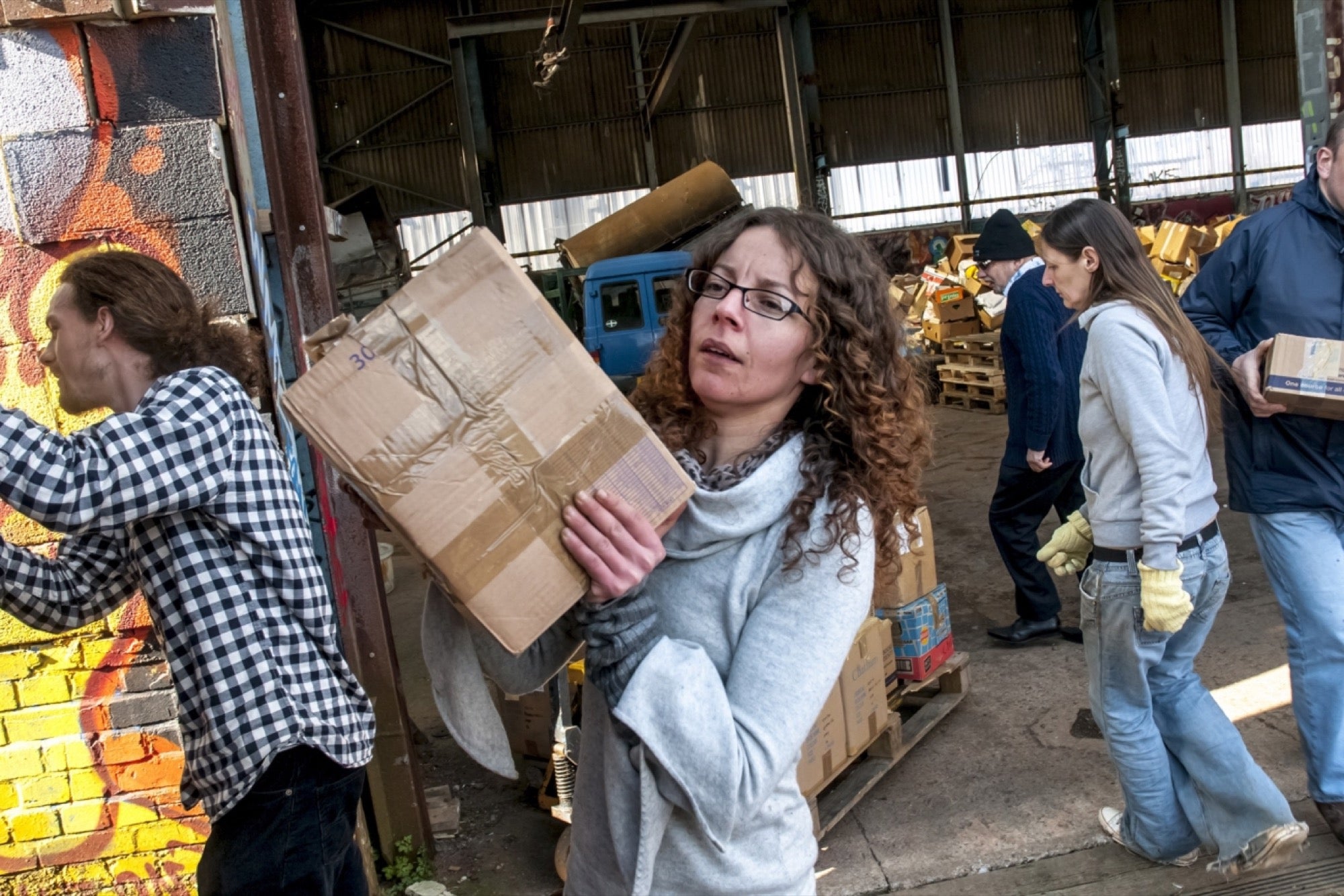3 Ways to Build a Culture of Service at Your Startup Want to follow the examples set by Google, Airbnb and Twitter?
Opinions expressed by Entrepreneur contributors are their own.

Anyone with the vision and guts to start his or her own company almost inherently has big goals for making an impact on the world, whether at a local or global level. As an entrepreneur, your impact doesn't just have to relate directly to your business goals, though.
You can also make an impact on some of the most pressing issues facing your community. Companies have long pushed to get their employees out of the office and into their local communities, through the power of volunteering across America.
Related: Reward Your Employees With Time Off for Volunteer Work
GoogleServe is a prime and prominent example. Starting in 2008, Google began a dedicated week of volunteering -- now up to three weeks -- that involves thousands of employees working with hundreds of nonprofits worldwide. This year, in the Bay Area alone, over 7,000 Google employees are giving back through GoogleServe.
Airbnb has also made a commitment to community. Airbnb's particular spin was to tie this mission to its own business. Accordingly, Airbnb employees volunteer alongside the company's hosts and guests to serve local schools and nonprofits. Yet another great example is Twitter; Twitter's #FridayForGood Initiative is a chance for its employees to spend their Fridays volunteering in support of local community organizations.
While Google, Airbnb and Twitter offer some high-profile examples, your organization doesn't have to dedicate several weeks to get started. In fact, here are three tips to get an employee volunteer program (EVP) off the ground, so your startup can grow its impact right away and make a culture of service part of its DNA.
1. Find out what your employees are passionate about.
Many companies create their EVP programs in a bubble, then implement them and wonder why employees aren't enthusiastic. That's misguided, because the first step to creating an excellent EVP program is to gauge what your employees are interested in and where they would like to make an impact.
This is especially easy when you're first starting a company, since there's a smaller number of employees to ask and it's easier to make EVP a group effort. Getting everyone on-board with volunteering is the best way to truly foster a culture of service that snowballs and grows along with the company. While there are plenty of ways to go about this first step, a tool like SurveyMonkey is a quick and easy option to get the ball rolling.
2. Break down the barriers to volunteering.
While gauging what gets your employees (and yourself!) excited, also get a sense for what's stopping them from getting involved with those issues at the moment. Is it time, opportunity or information that's lacking? Is there buy-in from very the top of the company? In order to make service part of your company's fabric, that effort has to be easy from an employee perspective.
Related: Richard Branson on the Value of Volunteering
If you work in an environment where people can't take a lot of time away from their desks, sometimes bringing the volunteer activity on-site is the best course of action. This solution worked really well for gaming company IGT, which donated and decorated clothing for infants of low-income families and did it all at the company's offices. There are tons of volunteer activities that can be held in a cafeteria or conference room, making it easy and accessible for everyone to participate.
3. Do something tangible.
Lots of companies opt for passive forms of volunteering, like donating technology or money -- which is great and may sound like an ideal option considering the importance of ease of access. But you also must balance convenience with impact; employees will be more likely to stick with an EVP program and get excited about it if they're doing hands-on activities where the impact is obvious, as opposed to occurring far downstream.
To that end, another good starting point is a large-group habitat restoration or cleanup, so your employees can have a fun day outside, where results are easy to spot.
These three tips are the foundation for building a culture of service at your startup . . . but perhaps the most important tip of all is to not wait. An employee volunteer program doesn't have to be perfect. Make it small and simple in the beginning. Learn as you go. And you'll see the impact in no time.
Related: Volunteer to Help Those in Need -- and Become a Better Entrepreneur











